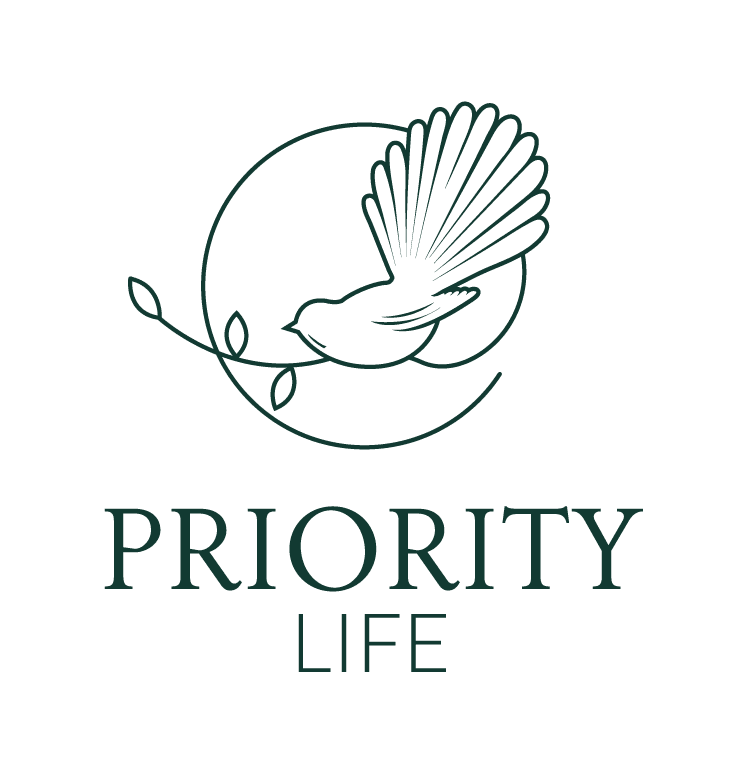When someone finds out something is seriously wrong with their health, but they’re not sure what it is yet. I’m generally one of the first people they call, sometimes even before their significant other.
They ask questions like: Can I claim? Have you seen this before? Do you know what’s wrong with me? How do I tell my family?
When it comes to health issues, every situation is unique. But one thing always remains consistent:
If we know something's wrong, but don’t have a diagnosis yet – the pain, fear, anxiety and dread are always at their highest – ‘better the evil we know.’
The hardest part during all of this is the time it takes to find out what's wrong, doctors can be vague out of necessity. The ‘system’ is taking too long. All anyone can think about is – why is this happening to us, and what do we do?
During this time, with or without health insurance, it’s agonising waiting for an answer. It's easy to point the finger and blame people for time frames.
Maybe it's an insensitive doctor, or someone who left a note in the wrong place; it might be the public health system's inability to pay for a certain type of test, due to a ‘lack’ of qualifying symptoms; Maybe it's the sleepless nights waiting for the results of an MRI or CT scan to return; everything takes time, and time in crisis feels like it takes four times as long.
This period is difficult, not only for the person who's receiving the diagnosis, but also for their closest friends and family. It’s hard to build a support system for something we can’t name.
In my experience, once there is a diagnosis, and someone has found out exactly what they’re fighting and after a night's sleep – there’s a genuine weight lifted from shoulders of everyone involved. This reigns true whether it’s an ‘all clear’ or a ‘I’m really sorry, but you only have X months to live.’
Once we know what we are fighting, it’s easier to plan. There’s an increased level of certainty, an escape from the anxious space of ‘what if?’ – if we know, we can plan how to deal with it. Human will is a powerful tool. It’s also easier to work as a team up when you know the enemy you’re fighting.
If the hardest part is working through the days leading up to a diagnosis, what do we do during that time?
Although it’s not a magic pill, or the answer anyone wants – ‘Control the controllables’:
Set up a roster, so someone's always at the hospital. – ‘Visiting someone in hospital is the sweetest thing we can do’
Make a meal roster for the immediate family, or drop off food that’s easy prep. We tend to forget to feed ourselves when we’re serving others.
Go to their house and just start cleaning or doing chores. Don’t ask, just do.
Don’t add to anxiety, just listen and tell them the way they feel is normal, and that they’re justified in feeling that way.
Take the kids off the parents' hands – The playground, timezone, your own home – there’s no right answer except actually taking them.
Be present and calm, even if internally you’re in absolute terror – But remember to lean on your own support network so you’re not internalising everything yourself
Ask questions about the best ways you can help – Are there a set of skills you have no one else does, which may be useful?
Most importantly, we need to remember there’s no right answer, and there are no cheat codes – Any and everything counts. If you just show up and be present, it will mean more to them than anything else.
We have no control over what the outcome is, all we can do is be patient and support our people. Ultimately at the end of the day once we get that diagnosis and we know what we're dealing with, we can put a plan in place and fight the good fight.
Up until that day we have the power to make the burden just a little bit lighter, be there, everything else is a bonus.




